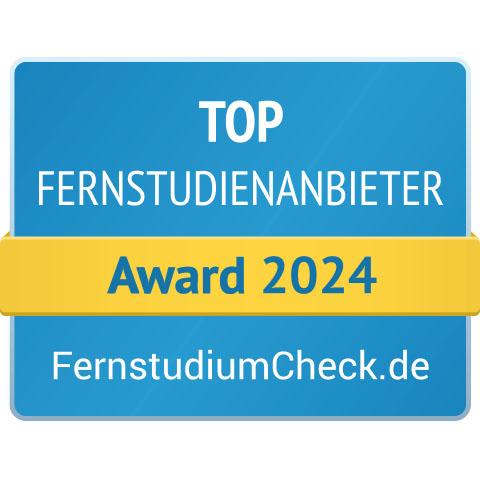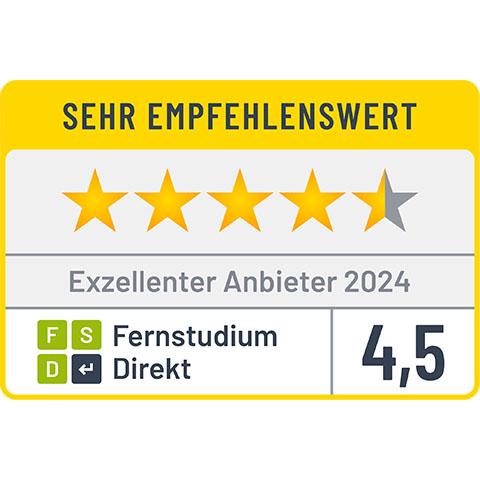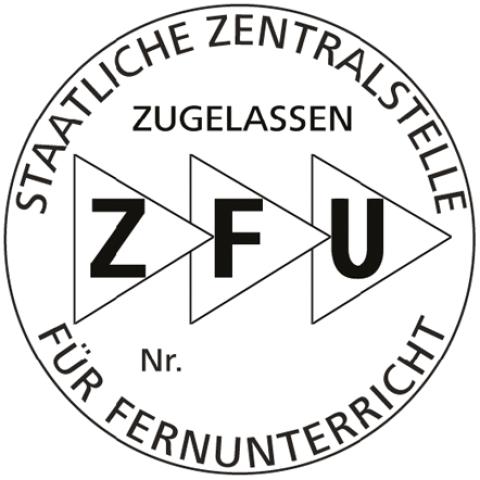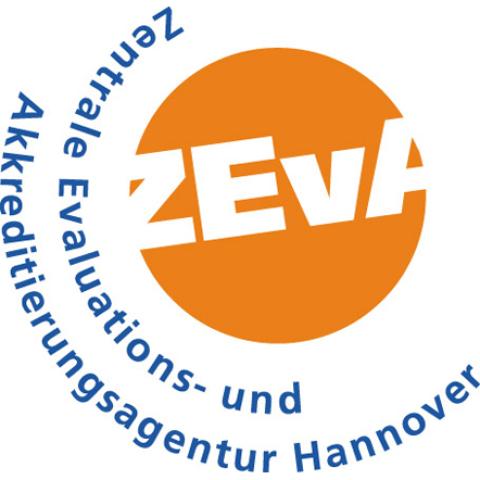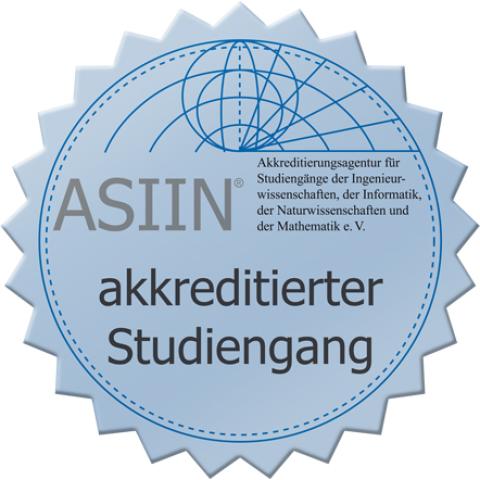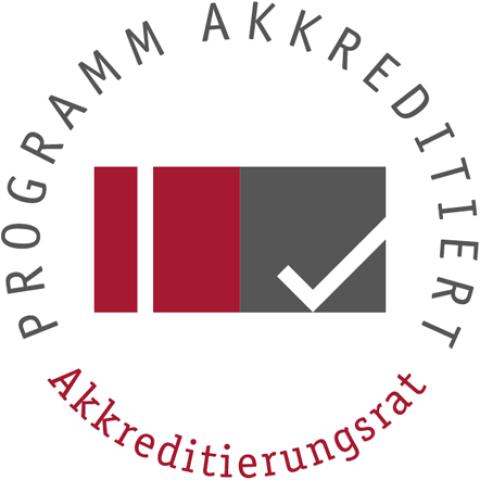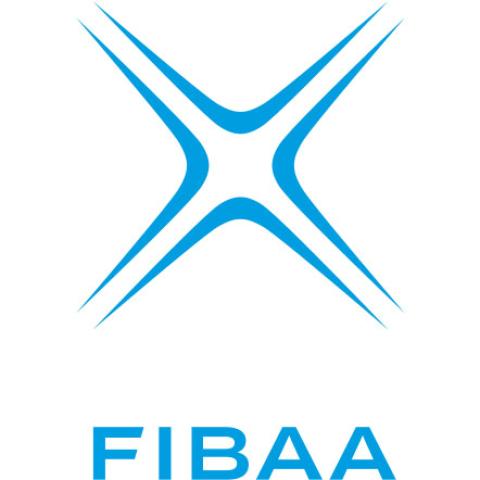Embrace the Future with our Digitalization & Automation Programme
Modern industry and modern society are unthinkable without automation. Automation begins in the enterprises but is on its way towards our homes. Automation, however, depends on computers, and most of them are digital. Therefore, digitalisation is also indispensable. Specific for both areas are rapid developments and many innovations – often even disruptive. Still, more and more processes increasingly rely on automation.
This programme is for those who want to learn how to make industry and life more efficient, friendlier and safer, e.g., a real technology and computer geek (or, at least, to some extent) whose heart beats faster for innovations and a machine-improved world.
As a graduate of the Digitalisation & Automation programme, you will be ready to work in an automated, computerised and robotised world. You will understand the various concepts of the fourth industrial revolution such as cyber physical systems, the Industrial Internet of Things (IIoT), digital twin, robotics, automation and digitalisation, etc., in relation to production processes and thereafter be able to apply them directly.
Degree
Master of Science 120 ECTS
Study location
Stade (near Hamburg)
Length of study
4 semesters (2 years)
Start dates
April 1st
October 1st
Entry requirement
Completed university degree in (industrial) engineering, a technical-scientific area or a closely related subject
Tuition fees
€5,400 per semester;
€1,000 admin and enrolment fee (one-time fee)
€1,000 examination fee (one-time fee)
Study content
The Master´s programme, Digitalisation & Automation, is developed to meet the current demands of the industry and, therefore, takes a multidisciplinary approach. It is an engineering course that, beyond automation and digitalisation, also focusses on economics and management. For example, you will receive tuition in circular economy, which enhances the necessity of interdisciplinary expertise.

Module 1: Advanced Mathematics and Technical Mechanics
Advanced Mathematics
Advanced Technical Mechanics
Module 2: In-depth Project Management
Agile Project Management
Digital Factory Planning
Module 3: Big Data
Machine Learning
OLAP and Data Mining
Module 4: Innovation and Digital Transformation'
Digital Business Models
Innovation and Start-up Management
Module 5: Law and Ethics
Engineering Ethics
Patent Law and Innovation Protection
Module 6: Sustainable Development / Circular Economy
Sustainable Structural Design
Circular Economy
Module 7: Sensor Technology and Applications
Measurement and Control Technology
Sensor Technology
Module 8: Automation
Programmable Logic Controllers
Actuators and Sensors in Automation and Robotics
Module 9: Information Technology and Cyber Security
Hazards and Security Measures
Data, Information and Knowledge Technologies
Module 10: Digital Technologies
Industrial Internet of Things (IIoT)
Applied Simulation / Virtual, Augmented, Mixed Reality
Module 11: Management Accounting
Internal Accounting and Controlling
Finance and Risk Management
Module 12: Change Management and Leadership
Change Management
Leadership
Module 13: Quality Assurance and Control
Quality Techniques and Procedures
Non-destructive Testing (NDT)
Module 14: Robotics
Applied Robotics
Applied Control of Dynamic Systems
Module 15: Digital Image Processing
Digital Signal Processing'
Digital Image Transformation
Module 16: Laboratory Automation
Laboratory Automation
Module 17: Project / Internship
Research Methods
Internship
Project Work
Module 18: Master Thesis
Master's Thesis and Disputation
The programme's main themes
Unlock the potential of cyber physical systems and delve into the realm of interconnected devices with our comprehensive curriculum. Learn to harness the power of the Industrial Internet of Things (IIoT) and master the concept of digital twins for real-time monitoring and control.
Become proficient in the language of automation and immerse yourself in the world of robotics. Gain hands-on experience with leading products in the industry such as the Kuka programming language and KUKA.Sim. Develop the skills to design, programme and deploy automated solutions that revolutionise modern production systems. Be ready to develop and design autonomous and collaborative robots.
Dive deep into the realm of digitalisation and learn to transform traditional processes into efficient digital workflows. Explore the nuances of modelling and simulation and unlock the potential of virtual and augmented reality technologies. Experience the future of production firsthand as you build and utilize heterogeneous production systems.
The recognition of barcodes, QR-codes, texts, geometries or objects has become an integral part of automation. This course of studies shows which processes and algorithms are used to fulfil such tasks by a computer. Matlab® will be used among others as supporting software to solve engineering problems.
Get started and gain experience in working with artificial intelligence. Use digital image processing in conjunction with AI algorithms to carry out automatic quality control of tool parts. Or become a member of a team that develops autonomous systems designed for use in agriculture.
Equip yourself with practical skills and experience using industry-renowned products such as TwinCAT, industrial PCs, Raspberry Pi and a plethora of sensors and actuators. Bridge the gap between theory and practice as you work on real-world projects and simulations that mirror the challenges faced in today's digital landscape.
Am I eligible for the Digitalization and Automation Master's programme?
Admission requirements
- A bachelor’s degree in (industrial) engineering, in a technicalscientific area, or another related subject
Language requirements
- TOEFL iBT 86
- IELTS 6.5
- Duolingo
- i.e. other English language
confirmation certificate
After graduation - your career begins
With the Master of Science in Digitalisation and Automation, you have gained multidisciplinary knowledge in both engineering and digital technologies, which equips you to take up various positions and opens up excellent career perspectives.
It is an exciting field due to its rapid and ongoing developments. You will be that person in the company who can better understand, shape and lead the increasingly digitalised industry of the future. You will qualify to work in companies, organisations and start-ups as a production manager, factory planner and strategic planner.
-
Production Management
As a fusion of production management and industrial management, production managers are considered to be one of the most important employees in a company. You will lead production and optimise the manufacturing processes with the latest methods learned at PFH. This will add value and improve the success of the company.
-
Factory Planning
Factory planning revolves around continuous thinking ahead and implementing change in the value creation stage of manufacturing companies. Factory planning comes into play when production systems are to be created, relocated or expanded. A factory planner's areas of responsibility range from the initial idea to the overseeing of production and are carried out with the help of tools and methods. Production plant, building, layout or personnel planning - all of this must be taken into account from the point of view of minimising complexity.
-
Strategic Planning
Strategic planning responsibilities fundamentally involve shaping the company's basic business strategy, developing strategic plans and evaluating company performance, and conducting research and data analysis to help make business decisions. With a master's degree in digitalization and automation, you can specialise in the areas of manufacturing. You plan machines, materials, personnel and deadlines in such a way that all orders can be processed smoothly.

Job Guarantee
Since there are plenty of job openings in the German job market, we are confident our students will find jobs quickly after they finish studying. That's why we're offering a 20% refund on full tuition fees if they don't land a job within 9 months of graduating.
To be eligible for the refund, the student must have:
- successfully completed their studies within the regular study period.
- shown proof of a B2 level German language proficiency in form of a certificate.
- defended their Master’s thesis in German.
- achieved a minimum thesis grade of 2.5.
Receive more information
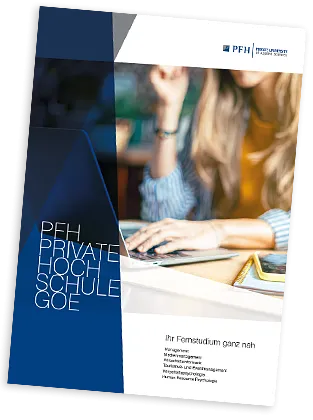
Experts at PFH
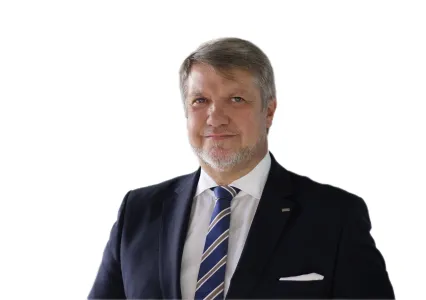
Frank Albe worked for the TUI Group, where he was involved in the reorientation of the group and investment controlling. He has worked at PFH since 2000 and was elected President of the University in 2014.

Nikolay Avgustinov, born in 1960, began his scientific career studying mechanical engineering at Sofia Technical University. He graduated as an engineer in 1985 and was subsequently employed as a research assistant at Sofia Technical University.

Julian Voss studied Business Administration at PFH from October 2001, specialising in IT Business Account Management and Eastern Europe, and graduated with a Diplom in September 2005.
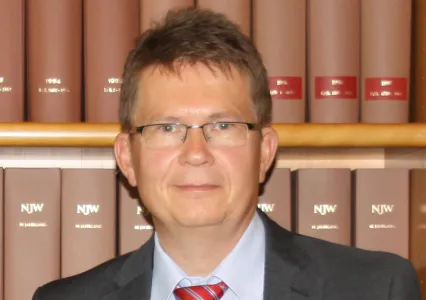
After completing his doctorate, Richard Degenhardt worked as a structural engineer. In addition to his professorship at PFH, he is currently working at the Institute for Composite Structures and Adaptive Systems at the DLR.
FAQ – the most frequently asked questions
At PFH University, you can apply at any time.
- Application form via our website
- Curriculum Vitae (CV)
- Letter of motivation
- School leaving certificate (University Entrance Certificate)
- Bachelor's degree certificate (or provisional certificate, if not yet awarded)
- Transcript of records for your Bachelor's degree
- Proof of English proficiency (minimum B2 level)
- English language certificate: TOEFL iBT 86, IELTS 6.5, Duolingo, or equivalent.
- Document stating that the medium of instruction of your Bachelor’s course was English.
- An employment reference is optional, though highly recommended
- Copy of passport
- Digital photo for your university card
Yes, you will need proof of advanced English language skills, e.g. Bachelor’s taught in English, TOEFL, IELTS, ESOL CAE or BEC Higher.
If you are a citizen of a country in the EU, EEA or Switzerland, you do not require a visa or other documentation to enter Germany and study here. However, once you arrive and find accommodation, you must register with the local residents’ registration office.
If you are coming from a country other than the ones named above, you will require a visa. For more information specific to your home country, please visit the Federal Foreign Office website.
At PFH University, we offer international students three types of scholarships:
- STIBET-Programmes
- DAAD Prize
- Deutschland Stipendium/Germany Scholarship
For more information on each of the scholarships, click here.
During your studies, you are generally allowed to do 120 full days or 240 half-days of paid work and take small student jobs. In exceptional circumstances, your local foreigners office may impose further restrictions.
International students coming to Germany have two options when it comes to accommodation: student halls of residence and private accommodation. For more information, you can visit the Accommodation Finder from the Federal Ministry of Education and Research or contact our international office.
When you compare Germany to other European countries, you’ll find that it’s not very expensive. The living costs are just slightly higher than the EU average, with rent being the largest expense. On average, students in Germany spend around 850 EUR per month (750 EUR in Göttingen for the management degree).
Questions - always welcome
-
Sie erreichen uns:
Mo – Do 08:00 – 18:00 Uhr
sowie Fr 08:00 – 16:30 Uhr


